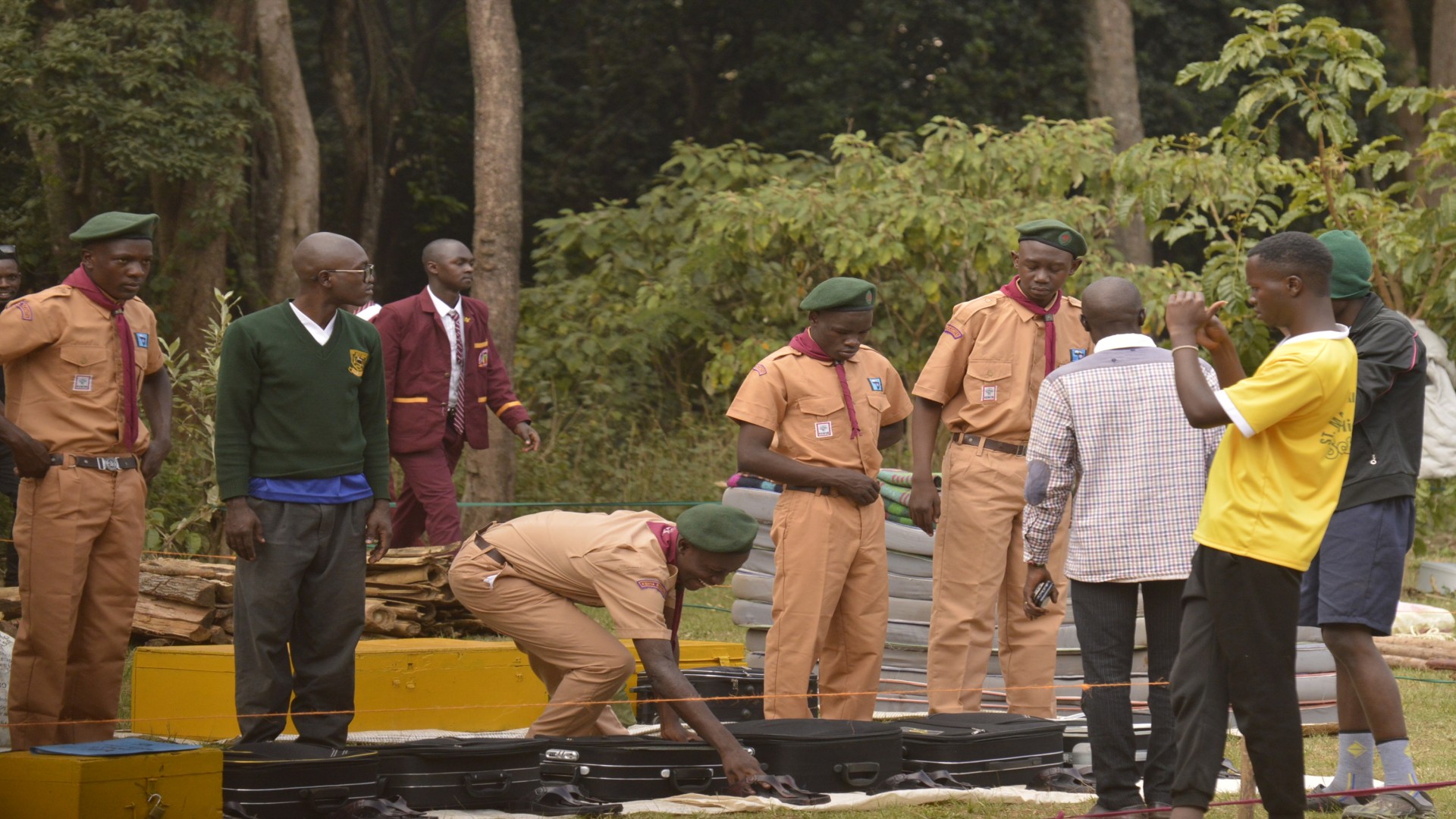Taita Taveta County, in many respects, resembles the biblical promised land of Canaan; flowing with milk and honey.
Taita Taveta does even one too many better with bananas, vegetables, fruits, and a theater of wilderness added to the matrix of what makes the coastal county a dream tourist destination for locals and foreigners.
However, in recent years, Taita Taveta has been losing that tag and descending into drought and harsh living conditions that have seen increased human-wildlife conflicts. The most immediate effect has been the loss of the agricultural charm that has kept the residents sustainably food secure.
“If you look around, there is not much food on our farms. Drought has been more frequent and we no longer get enough food to feed our families and supplement our income. Things are different from what they were a few years ago,” said Difrose Mtuweta, a vegetable and plantain farmer from Mghange in Taita Sub-County.
A wind of change on issues of climate and environment conservation is now blowing across Taita Taveta County following the commitment by Governor Andrew Mwadime to take the bull by its horns.
Thursday, the governor met delegations from World Agroforestry and Africa Wildlife Foundation (AWF) to discuss a range of issues touching on climate and conservation.
At the top of the agenda was the adoption of nature-centric solutions backed by policy implementation, building institutional capacity, and enhancing monitoring and reporting on environment protection, conservation, and restoration.
“It is time we rethink our approach to environmental conservation to avert the crisis occasioned by climate change. What we need are nature-centered solutions through policy implementation, building institutional capacity, and enhancing our monitoring and reporting capabilities on issues on environment conservation, protection, and protection,” said Governor Mwadime.
The governor proposed the construction of check dams in the hilly areas as rainwater reservoirs, which will be connected to the lowlands as sources of water for irrigation.
He further cited the areas of Mghange, Mwanda, Nyache, and Mbololo as the perfect careas for the dam projects that would become the cornerstones to building agricultural capital for a food-secure county.
“Check dams at the areas of Mghange, Mwanda, Nyache, and Mbololo could be a game changer in our fight against climate change. We can build agricultural capital for our people through irrigation and water for livestock and become a food-secure county,” said Mwadime.
The governor’s sentiments were echoed by Leigh Winowiecki, ICRAF’s soil system scientist, who announced an upcoming project in the county aimed at the restoration of forests, range lands, and farms.
“I would like to concur with the governor’s views and call on other partners to come on board and support the journey of climate change transformation. Indeed, there is an upcoming project in partnership with the county aimed at the restoration of forests, range lands, and farms,” said Leigh.
Leigh also emphasized the need for use of scientific research to come up with and implement solutions that are not only practical but also meet the needs of the people. “It is crucial to use scientific research to arrive at practical solutions that are within the needs of the people,” she said.
According to the county drought management coordinator Gabriel Mbogho, climate change has been the single most contributor to the status quo that has pushed human populations to the verge of food and water crises.
He said that while a lot has been done to avert the county from descending into an alarming drought status, a lot remains to be done at the individual, county, and national government levels.
“Climate change has been at the center of everything we’re witnessing now and has significantly contributed to the dire water and food situation the county is in right now. Of course, a lot has been done in the past but there is more that individuals, the county, and the national government have to do,” said Mbogho.
The drought outlook for the county according to National Drought Management Authority (NDMA) is at an alert level with areas like Kasighau, Sagalla, Kishushe, and Maktau more likely to drop into alarm level if nothing changes in October.
“In general, the county is at the alert level and we’re doing everything to improve the situation. However, if nothing changes this month we’ll have areas of Kasighau, Sagalla, Kishushe, and Maktau dropping into the alarm level,” read the NDMA report.
For its part, the county drought management task force is working day and night to make water and food for humans and livestock available as they hope for the rains to start later in October.
Among the interventions are multi-million projects of sinking boreholes in Paranga, and Miasenyi; rehabilitation of water pans in Kasighau and Mbololo; and construction of pipe water projects in Sagalla, Rong’e, and Tausa.
“With the help of the national government and non-governmental partners, the county is doing everything to avert a drought disaster. We’re currently undertaking multi-million projects in sinking boreholes in Paranga and Miasenyi; rehabilitating water pans at Kasighau and Mbololo; and constructing water pipe systems at Sagalla, Rong’e, and Tausa,” said Mbogho.
The change of tact in combating climate change and the biting drought in Taita Taveta comes at a time when the county has been predicted to receive less than average rainfall in the coming short rain season according to the latest weather statement released by the Kenya Meteorological Department.
“The South-eastern lowlands of Kitui through to Kajiado and Taita Taveta, the Coast and North-eastern Kenya are likely to receive below average rainfall with sunny and dry spells prevailing through October,” said a statement read by Bernard Chanzu, the Deputy Director of Forecasting Services at the Kenya Meteorological Department.

